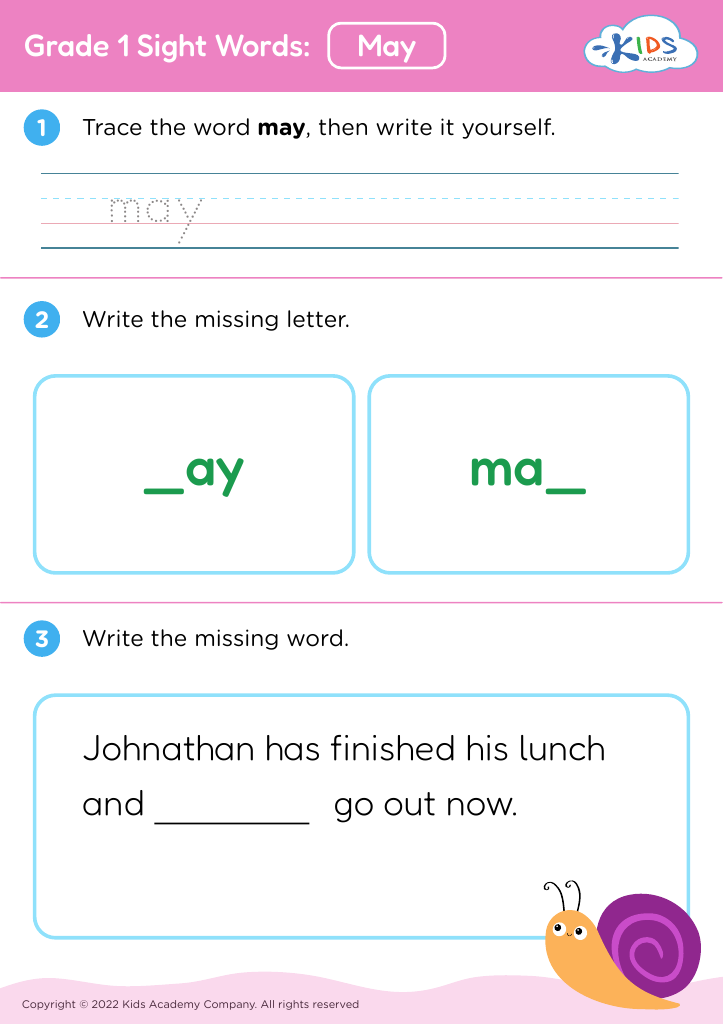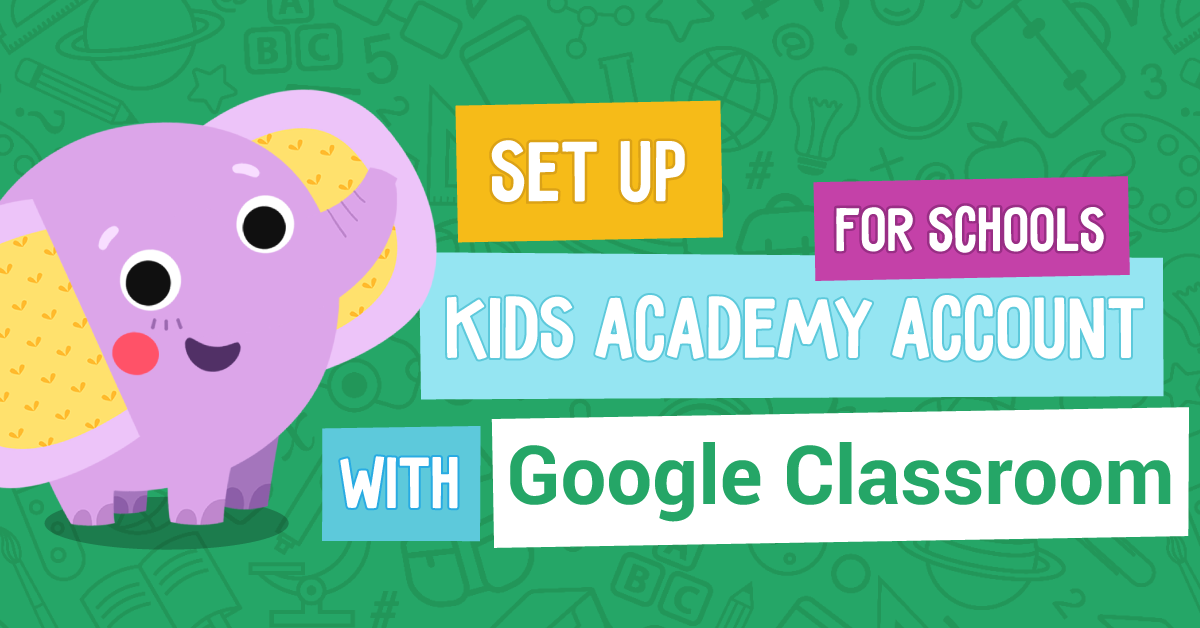Basic arithmetic practice Reading Worksheets for Ages 3-6
3 filtered results
-
From - To
Explore our engaging Basic Arithmetic Practice Reading Worksheets, designed specifically for children aged 3-6! These interactive worksheets introduce fundamental math concepts through colorful illustrations and relatable examples, making learning fun and accessible. Young learners will enjoy activities that build essential counting, addition, and subtraction skills while enhancing their reading abilities. Our carefully crafted exercises encourage problem-solving and critical thinking, helping to foster a strong foundation in mathematics. Ideal for both classroom settings and home learning, these worksheets are perfect for nurturing a love for math at an early age. Get started today and watch your little ones thrive in arithmetic!
Basic arithmetic practice is crucial for children aged 3-6 as it lays the foundation for their future mathematical understanding and problem-solving abilities. At this stage, children are naturally curious and eager to learn, making it an ideal time to introduce basic concepts like counting, addition, and subtraction in a fun and engaging manner.
Parents and teachers should care about this practice because early exposure to arithmetic helps develop cognitive skills and promotes number sense. It enhances children's ability to recognize patterns, categorize objects, and understand quantities, which are essential skills for their academic journey. Additionally, arithmetic practice fosters fine motor skills through hands-on play with counting blocks or interactive games.
Furthermore, strong early math skills are predictive of later academic success. By nurturing a child’s mathematical abilities, parents and teachers instill confidence, enhancing their love for learning and exploration. This early investment pays off, leading to better performance in school and in life.
Lastly, engaging children in arithmetic promotes social skills, as they often learn through games with peers or family members. Parents and teachers, by prioritizing basic arithmetic, contribute to a holistic growth that encompasses cognitive, social, and emotional development in young learners.
























